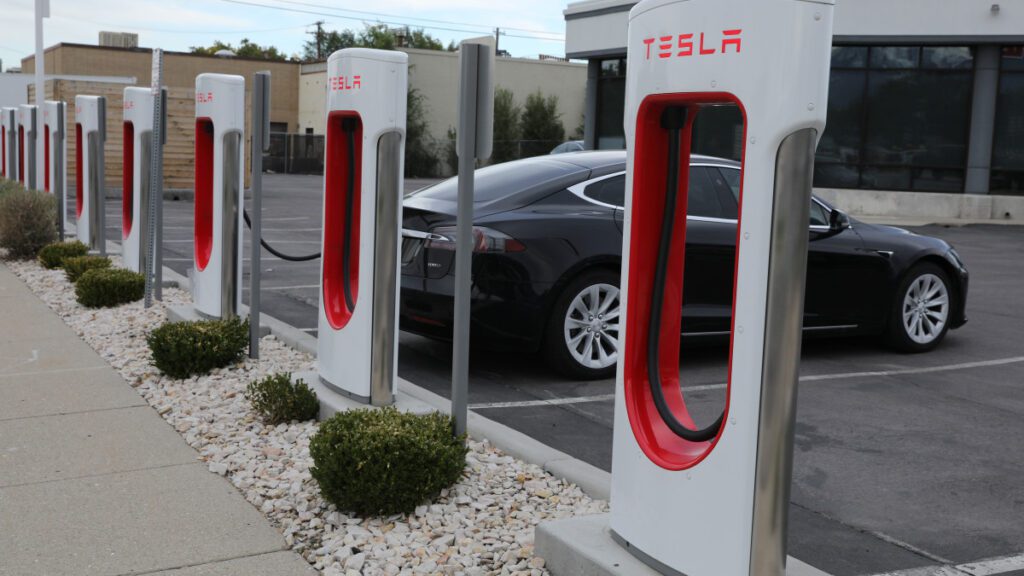Report: EV fuel savings depends on where you live and what you drove before

Switching from a gas vehicle to an electric model can yield significant savings on fuel costs and other expenses, but how much you save depends heavily on where you live. The latest Energy.gov Fact of the Week (FotW) shows that people in some states only save a few cents per mile, while others could save almost $0.20 or more.
The data came from Argonne National Laboratory and estimates the fuel cost savings per mile on a zip code level across the United States. Places with lower electricity and higher fuel costs saved the most, while others saw fewer cost reductions. The most significant improvements came for drivers on the West Coast and Pacific Northwest, but people in New England and the East Coast cut just $0.06 per mile or less.
Argonne attributes some of those savings differences to utilities costs, but the lab also said that drivers in some of the highest-saving states could also be more likely to drive large trucks or SUVs, which would yield a greater cost reduction when switching to an EV. That said, electric models remain consistently more expensive than their gas counterparts across the board, making it hard for EV buyers to see any actual savings during their ownership period.
This illustrates the difficulties associated with trying to make up for EVs’ higher purchase prices in fuel savings. Many people believe the switch to electric will pay for itself over a short time, but the payback period could take years, with some vehicles taking longer than many people want to keep them.
Argonne’s study does not include plug-in hybrid vehicles, and it doesn’t take into account any incentives provided by automakers or the government. Many companies offer free charging or credits toward charging that could make the process much cheaper for a time, but owners eventually have to plug into the public network and pay for charging.



